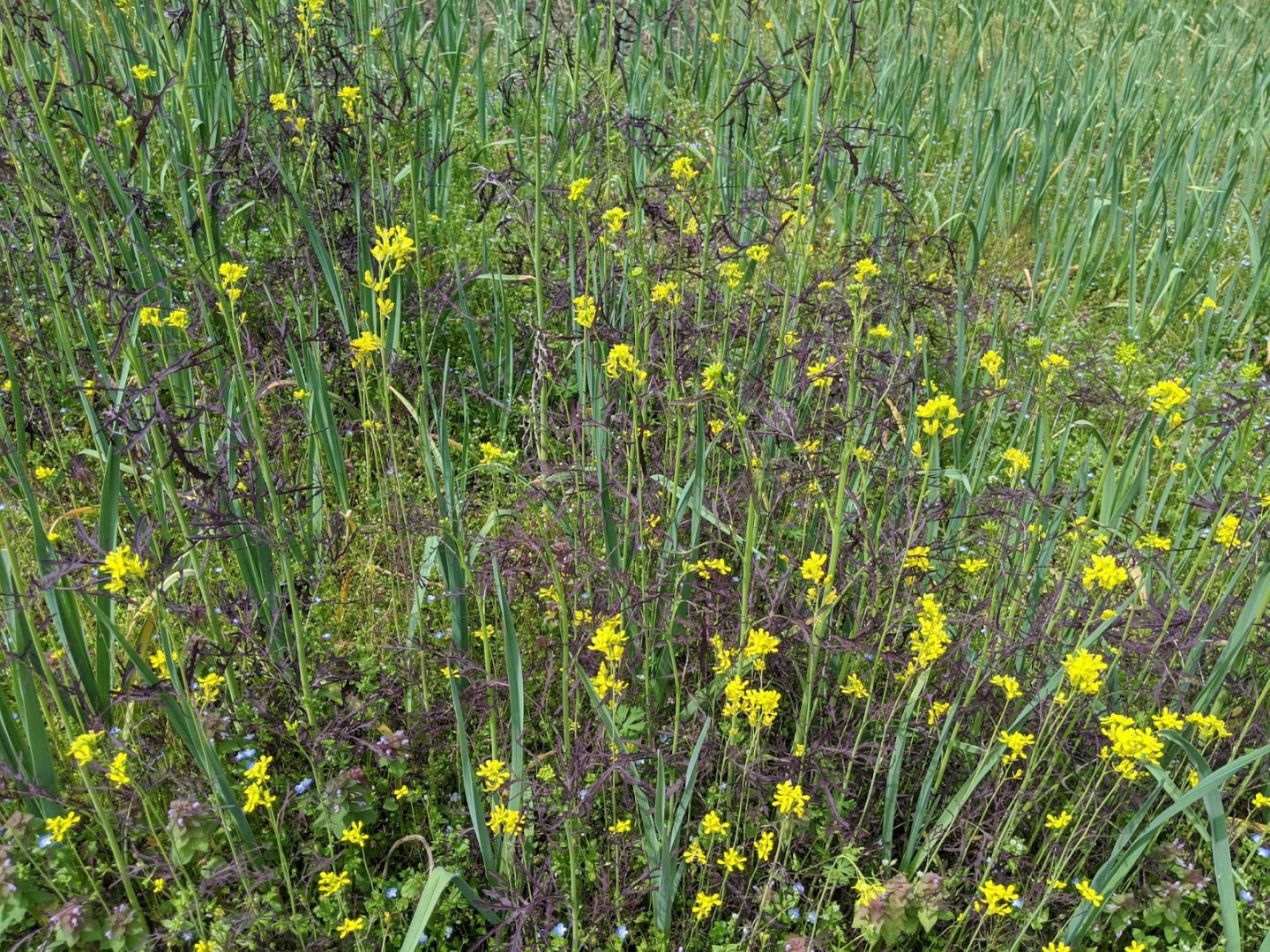Can Rabbits Eat Mizuna?
Mizuna, also known as Japanese mustard greens, is a leafy green vegetable that belongs to the Brassica family. It has a peppery taste and is commonly used in Asian cuisine. If you are a rabbit owner, you might be wondering if it is safe to feed Mizuna to your furry friend. In this article, we will discuss whether rabbits can eat mizuna and the potential benefits and risks associated with it.

Benefits of Feeding Mizuna to Rabbits
Feeding mizuna to rabbits can offer several benefits due to its nutritional content:
- Rich in fiber: Mizuna is a great source of dietary fiber, which is essential for a rabbit’s digestive health. It helps maintain a healthy gut and prevents common digestive issues such as gastrointestinal stasis.
- High in vitamins: Mizuna is packed with vitamins A, C, and K, which are important for a rabbit’s overall health and immune system function.
- Low in calories: Mizuna is a low-calorie vegetable, which makes it a suitable option for rabbits who are on a weight management program.
Risks of Feeding Mizuna to Rabbits
While mizuna can be a nutritious addition to a rabbit’s diet, there are some risks to consider:
- Oxalic acid content: Mizuna contains oxalic acid, which can be harmful to rabbits if consumed in excessive amounts. High oxalic acid intake can lead to the formation of calcium oxalate crystals in the urinary tract, potentially causing urinary tract issues.
- Pesticide residues: Like any leafy green vegetable, mizuna may contain pesticide residues if not grown organically. It is important to thoroughly wash the mizuna before offering it to your rabbit or opt for organic varieties.
Tip: It is always advisable to introduce new foods gradually into a rabbit’s diet to observe any potential adverse reactions or GI upset.
How to Feed Mizuna to Rabbits
If you decide to incorporate mizuna into your rabbit’s diet, here are some guidelines to follow:
- Choose fresh and organic: Select fresh mizuna leaves that are free from wilting or discoloration. Opt for organic varieties to reduce pesticide exposure.
- Wash thoroughly: Rinse the Mizuna leaves under cold water to remove any dirt, debris, or pesticide residues. Pat dry before serving.
- Introduce gradually: Start by offering a small amount of mizuna to your rabbit and observe their response. If there are no adverse effects, you can gradually increase the serving size.
- Monitor digestion: Keep an eye on your rabbit’s digestion after introducing mizuna. If you notice any signs of GI upset, such as diarrhea or bloating, discontinue feeding it immediately.
- Offer variety: Mizuna should be a part of a varied diet for rabbits. Ensure they receive a balanced mix of hay, fresh vegetables, and pellets to meet their nutritional needs.
FAQs
1. Can rabbits eat mizuna stems?
Yes, rabbits can eat mizuna stems along with the leaves. However, ensure that the stems are not overly tough or fibrous, as they can be difficult for rabbits to chew and digest.
2. How much mizuna can I feed my rabbit?
Mizuna should be given to rabbits in moderation. Offer a few leaves alongside other vegetables as part of a balanced diet. Too much mizuna can lead to digestive issues due to its high fiber content.
3. Can rabbits eat cooked mizuna?
Rabbits should only be fed raw mizuna. Cooking alters the nutritional composition of the vegetable and can make it harder for rabbits to digest properly.
4. Are there any alternatives to mizuna for rabbits?
If you are concerned about the risks associated with mizuna, there are plenty of other safe vegetables you can offer to your rabbit. Some options include romaine lettuce, cilantro, parsley, and kale. Remember to introduce new foods gradually and monitor your rabbit’s response.
Related Articles…
Copyright Notice:
Images displayed on this website are not our property, but are procured from the internet. If you hold copyrights to any image and wish for its removal, please get in touch with us.